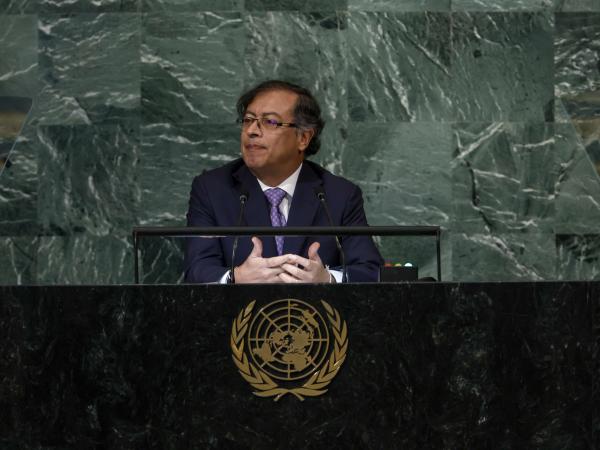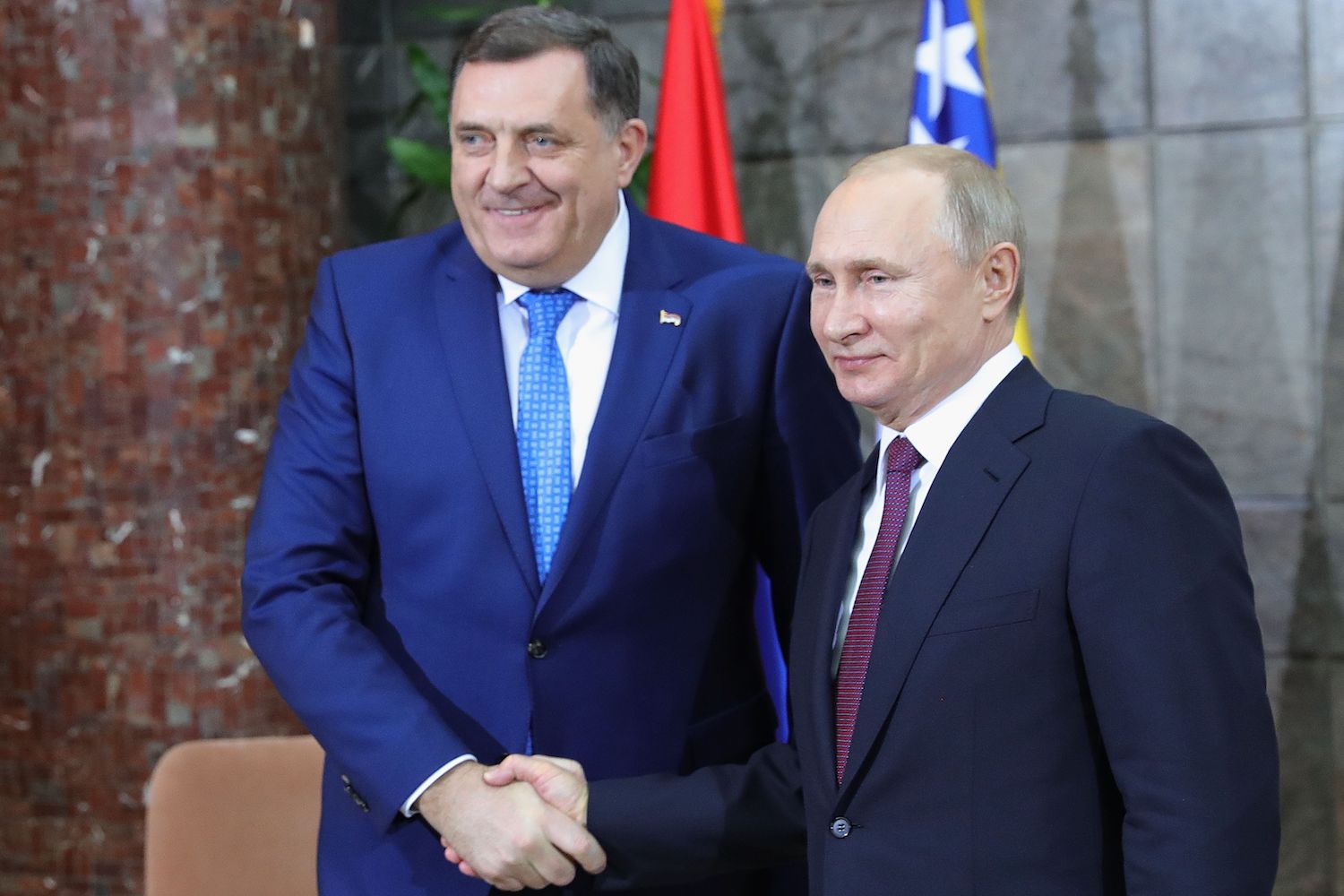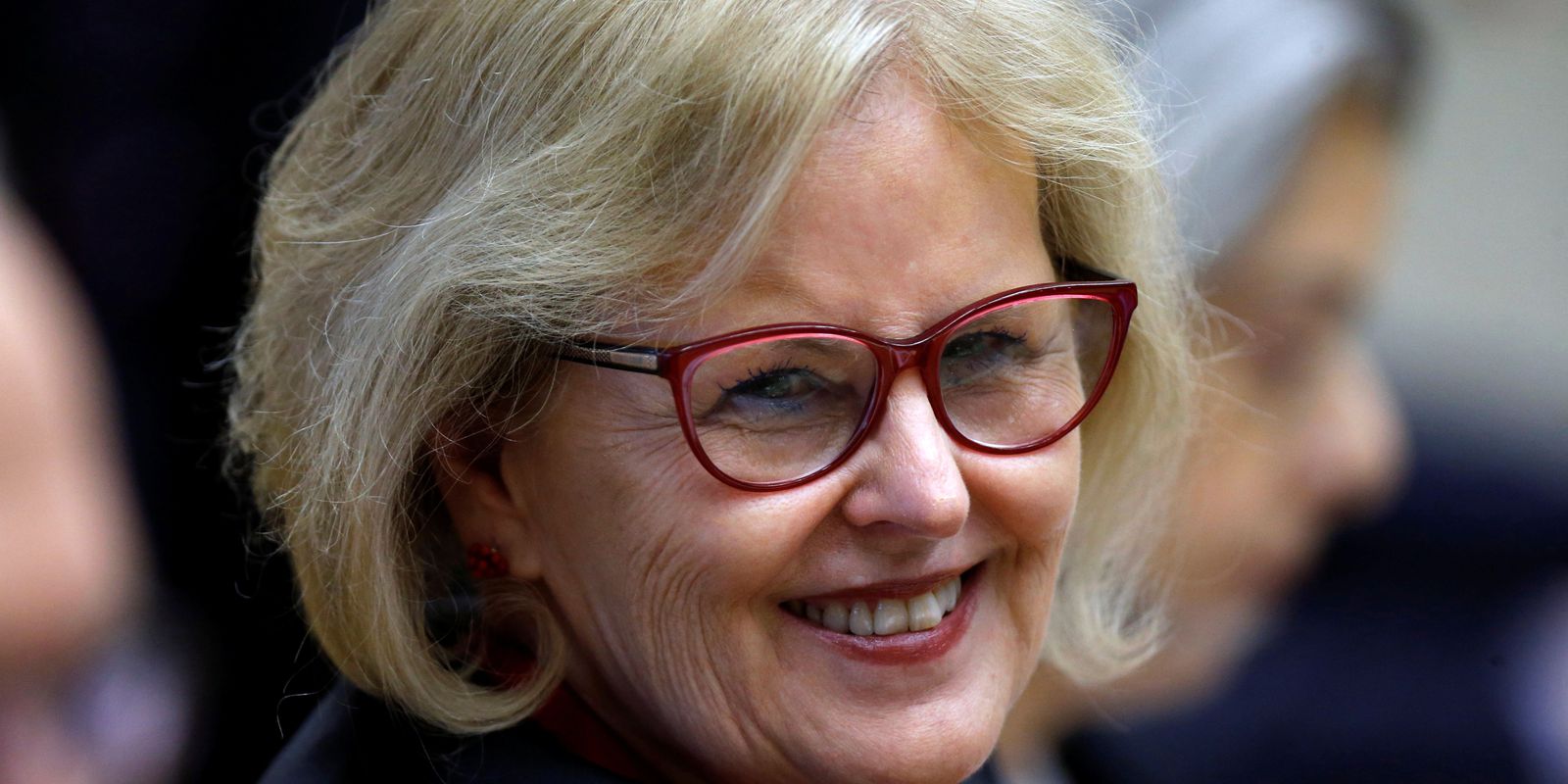Reducing the sovereign external debt of Latin America in favor of resources for projects to protect against climate change was the economic proposal presented this Tuesday by the president of Colombia, Gustavo Petro, before the plenary session of the 77th United Nations General Assembly.
(Petro at UN: ‘War on drugs and climate crisis has failed’).
The Colombian president’s proposal comes in the middle of a speech of just over 20 minutes where the narrative of “changing war for life” was prioritized.
“I call on you to save the Amazon rainforest in its entirety with the resources that can be allocated to life worldwide. If you do not have the capacity to finance the fund for the revitalization of the forests, if it weighs more to allocate the money to weapons than to life, then reduce the external debt to free up our own budget spaces and with them carry out the task of saving the humanity and life on the planet. We can do it ourselves if you don’t want to. Just exchange debt for life, for nature”sentenced the Colombian president.
This idea is in line with what the Head of State mentioned during his inaugural speech, also loaded with an environmental component, just over a month ago.
At that time, the president extended the message to the International Monetary Fund, with the aim of having “a prosperous economy and a new life for humanity.”
(Speeches by world leaders at the UN General Assembly).
By way of definition, the professor at the U. de los Andes, Germán Machado, pointed out that this initiative is fundamentally about “exchange debt payments for payments to environmental services through reaching voluntary agreements with creditors”, an idea that has been applied “in a modest way” for 40 years in which countries seek to reduce their public debt “in exchange for committing to make a series of internal expenses in environmental protection or energy transition projects.”
In Machado’s opinion, this issue will be “priority in the vision of the Petro Government”so its success will depend on “reach agreements with creditors”.
Gustavo Petro, in his speech at the UN.
EFE
Carlos Sepúlveda, Dean of Economics at the Universidad del Rosario, considers that this is a “valid and legitimate” proposal, where Colombia would be favored because it is a biodiverse and Amazonian country.
“Colombia has natural assets, which, being part of the Amazon, can have synergies with the entire world, particularly with developed countries, to offset emissions from investments that contribute to carbon neutrality,” Sepulveda mentioned.
In his turn, Guillermo Sinisterra, professor of economics at the Javeriana University, maintains that this type of mechanism has its operational complexity, since it depends on the international community supporting the idea.
“It is fair that if a country is going to dedicate resources and personnel to it, it should have international protection, which in this case would be a debt cancellation, but in this case, the multilateral entities still do not have the coordination to give these taxes. It would have to be from a United Nations environmental fund, but we don’t owe them money. It would be complicated from an operational point of view.” the teacher said.
(Education is the basis of productive transformation: Petro at the UN).
The truth is that this idea is not entirely new in national public opinion either, since former President Iván Duque had already expressed it on the eve of the last summit of the COP26 in Glasgow, and, at the international level, it was supported by the leaders of Ecuador and Costa Rica, among others.
In fact, the neighboring country is promoting this initiative with the creation of a new marine reserve in the Galapagos Islands, whose conservation is offered in exchange for the forgiveness of foreign debt.
This is a proposal that was previously tested in Bolivia in 1987 but did not achieve its final goal due to the lack of commitment from the Andean country.
In his speech, President Gustavo Petro also mentioned that “The war on drugs and the climate crisis has failed” and asked that a common voice be raised from Latin America to ask the world “end this irrational war on drugs”.
“More than forceful, this was an urgent message. It seems to me that Petro wanted to leave the idea in the air that ‘we are running out of time’ (…) It was a speech that exceeded expectations, it was quite concrete, combative and ideologically charged, three characteristics that we had not seen ”, mentioned Mauricio Jaramillo, professor of international relations.
This professor from the Universidad del Rosario also highlighted the call for greater unity in Latin America and the fact that the country dared to speak about what is happening in the world, such as the war in Ukraine. “Colombia is not used to talking about what is happening on the globe (…) It marks a before and after of a Colombia that is willing to speak in the big leagues”said.
BRIEFCASE








